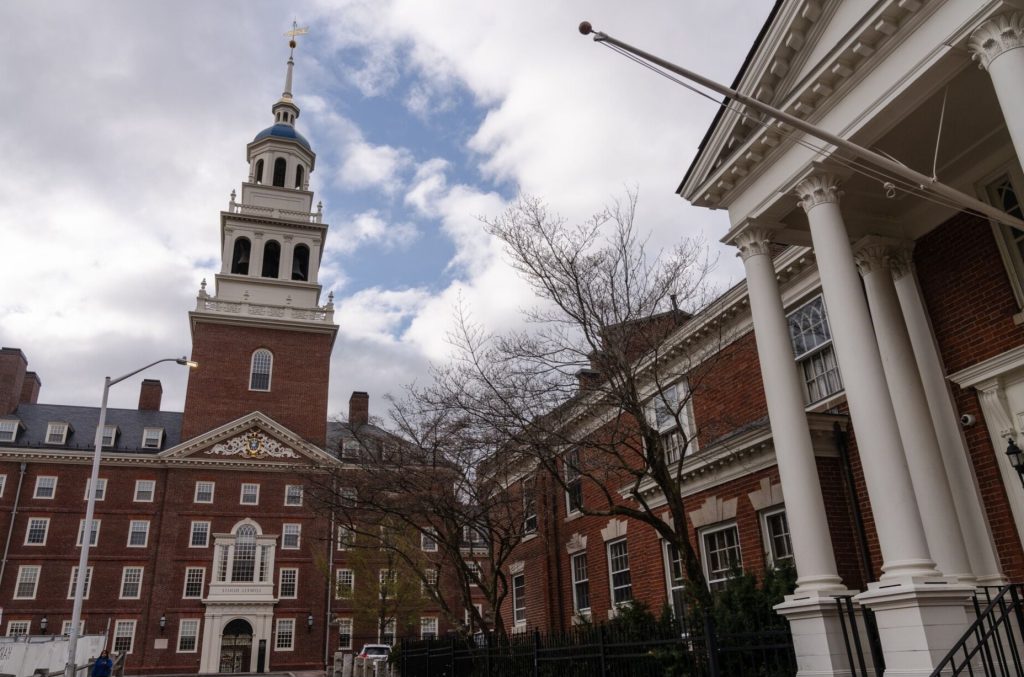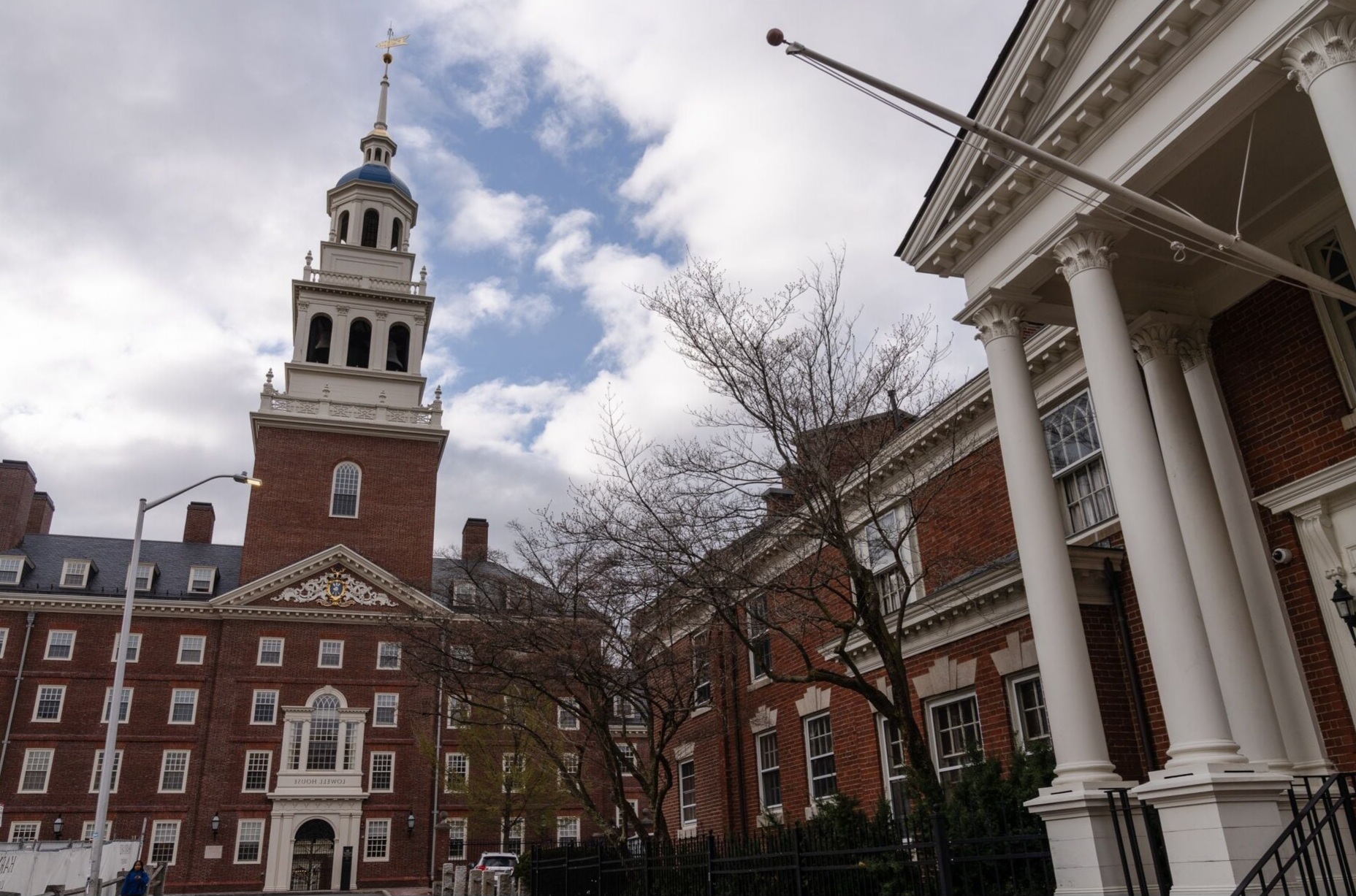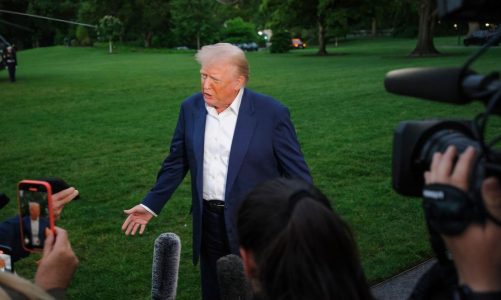In a move that has ignited a fierce debate over academic freedom and the limits of executive power, President Donald Trump announced on May 2, 2025, his administration’s intention to revoke Harvard University’s tax-exempt status. The decision follows a series of confrontations between the federal government and the Ivy League institution, centering on issues of campus activism, diversity policies, and allegations of antisemitism.

Background of the Conflict
The tension between the Trump administration and Harvard escalated in April 2025 when the university rejected federal demands to overhaul its admissions, hiring, and curriculum policies. The administration had called for changes in response to concerns about diversity, equity, and inclusion (DEI) initiatives and pro-Palestinian activism on campus. Harvard President Alan Garber described these demands as an illegal attempt to dictate “what private universities can teach, whom they can admit and hire, and which areas of study and inquiry they can pursue” .
In retaliation, the administration froze over $2.2 billion in federal research grants and contracts intended for Harvard, affecting a wide range of academic fields. This move was seen by many in higher education as a direct attack on academic independence. Ted Mitchell, president of the American Council on Education, noted that Harvard’s stance was crucial in setting a precedent for other institutions to resist similar federal overreach .
Legal and Political Implications
The announcement to revoke Harvard’s tax-exempt status has raised significant legal questions. Under U.S. law, only the Internal Revenue Service (IRS), an agency within the Treasury Department, has the authority to investigate and revoke a nonprofit organization’s tax-exempt status. Moreover, federal law explicitly prohibits senior executive branch officials, including the president, from directing the IRS to conduct or halt specific audits or investigations. Violations of this law can result in fines and imprisonment .
Legal experts argue that the president’s directive may constitute an unlawful use of presidential power. Lily Batchelder, a professor at NYU, criticized the move as a dangerous precedent for using the IRS as a political tool . Harvard has indicated plans to challenge the revocation in court, emphasizing the potential harm to its educational mission and financial stability.
Broader Impact on Higher Education
The potential revocation of Harvard’s tax-exempt status has sent shockwaves through the higher education community. Many fear that this action could open the door to similar measures against other institutions, threatening the autonomy and financial viability of nonprofit universities nationwide.
Harvard’s endowment, the largest of any university at approximately $53 billion, relies heavily on its tax-exempt status to fund scholarships, research, and innovation. Losing this status could significantly disrupt these programs, leading to diminished financial aid for students and the abandonment of critical research initiatives .
The American Council on Education and other academic organizations have expressed solidarity with Harvard, warning that the administration’s actions pose a grave threat to the future of higher education in America. They argue that using tax policy as a weapon against educational institutions undermines the principles of academic freedom and institutional independence.
Political Reactions
The administration’s move has drawn criticism from various political figures. Senate Democrats, including Chuck Schumer, Elizabeth Warren, and Ron Wyden, have called for an investigation by the Treasury’s Inspector General into any improper IRS actions related to the case . Representative Jerry Nadler labeled the administration’s actions as “bullshit,” emphasizing the broader threat to nonprofits and the politicization of higher education.
Former President Barack Obama also weighed in, describing the administration’s moves as an “unlawful and ham-handed attempt to stifle academic freedom”.
The Trump administration’s threat to revoke Harvard University’s tax-exempt status marks a significant escalation in the ongoing conflict between the federal government and higher education institutions. As legal challenges loom and political debates intensify, the outcome of this confrontation will likely have lasting implications for the autonomy and governance of nonprofit educational organizations across the United States.



